Earth
-
 Climate
ClimateFive portraits of Hurricane Irma’s record-breaking fury
A series of remarkable images capture Hurricane Irma’s power and might — and the lessons they can teach scientists.
-
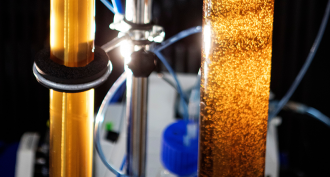 Chemistry
ChemistryRecycling urine may be a way to boost plant growth
A new chemical method makes nutrient-rich fertilizers from human urine.
-
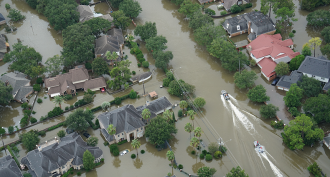 Climate
ClimatePicturing how many Great Salt Lakes Harvey dropped onto Texas
Harvey’s astounding rainfall shattered records. The numbers are so high that it can be tough to picture what they mean. Here we give it a try.
-
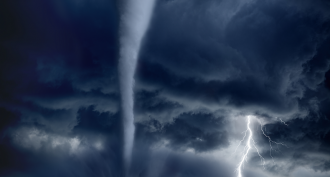 Climate
ClimateHurricane Harvey proved to be a tornado master
Harvey and other hurricanes have spawned tornadoes — sometimes by the dozens. And these tropical cyclones don’t need the typical recipe to spin those twisters loose.
-
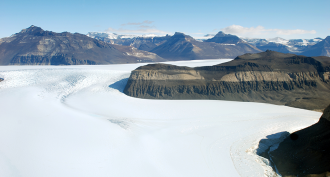 Microbes
MicrobesUnder Antarctic ice, microbes gobble up greenhouse gas
In a lake far beneath the Antarctic ice sheet, scientists have found bacteria that eat methane, a powerful greenhouse gas.
By Ilima Loomis -
 Climate
ClimateHurricane Harvey’s rains set U.S. record
Here are some of the issues that made this storm such an epic rainfall-producer, and why storms like it could become more common.
-
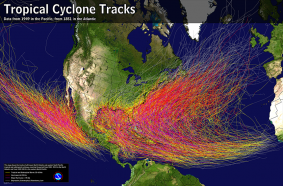 Science & Society
Science & SocietyAnalyze This: Seasonal hurricane costs have been rising sharply
Scientists study past hurricanes to help them predict future risks. Better predictions can help communities prepare for monster storms.
-
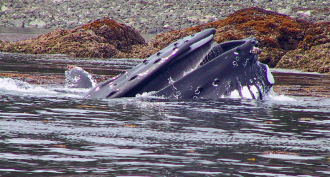 Animals
AnimalsWhales feast when hatcheries release salmon
Humpback whales are visiting sites where hatcheries release juvenile salmon in Alaska. It’s a dining bonanza for the huge whales.
By Susan Milius -
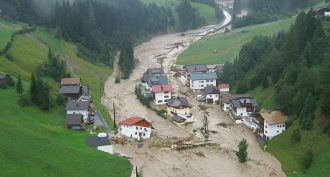 Climate
ClimateClimate change is shifting when Europe’s rivers flood
Climate change has been shifting when European rivers flood by weeks or even months. This is likely to have been impacts on cities, farms and ecosystems.
-
 Earth
EarthExplainer: Hurricanes, cyclones and typhoons
Hurricanes are some of the most destructive forces on the planet. Here’s how they form and why they are so dangerous.
-
 Earth
EarthVinegar dissolves new electronics when they’re no longer needed
Now you see it, now you don't. A new lightweight, low-cost technology disintegrates in kitchen vinegar.
-
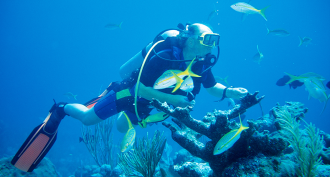 Science & Society
Science & SocietyCuba: How politics has become a hurdle for its researchers
Scientists in Cuba face difficulties getting equipment and publishing results due to a U.S.-imposed trade embargo on their country.
By Bryn Nelson